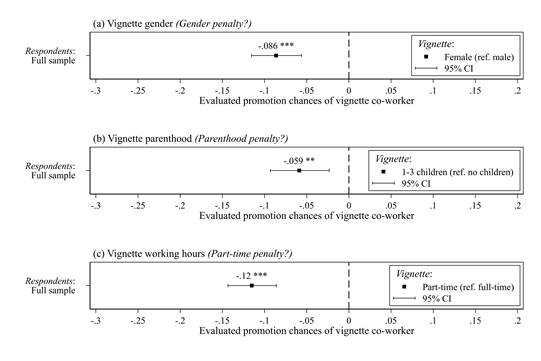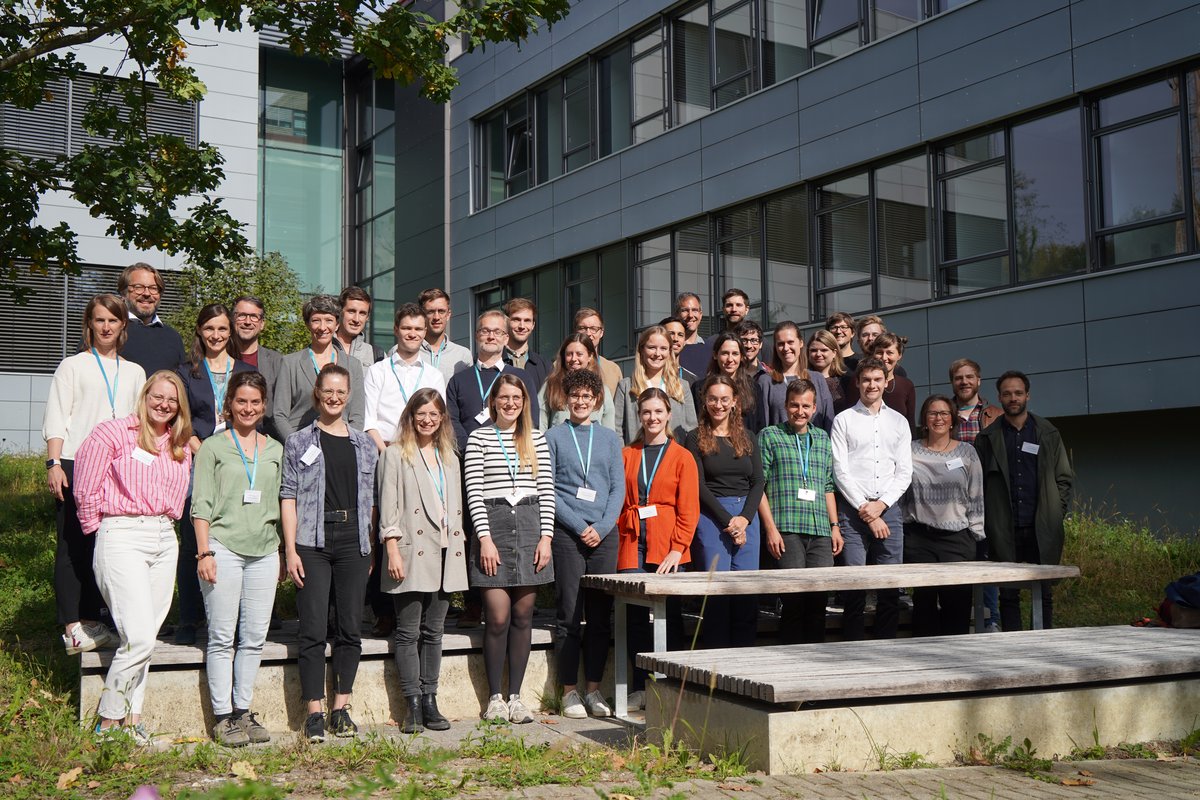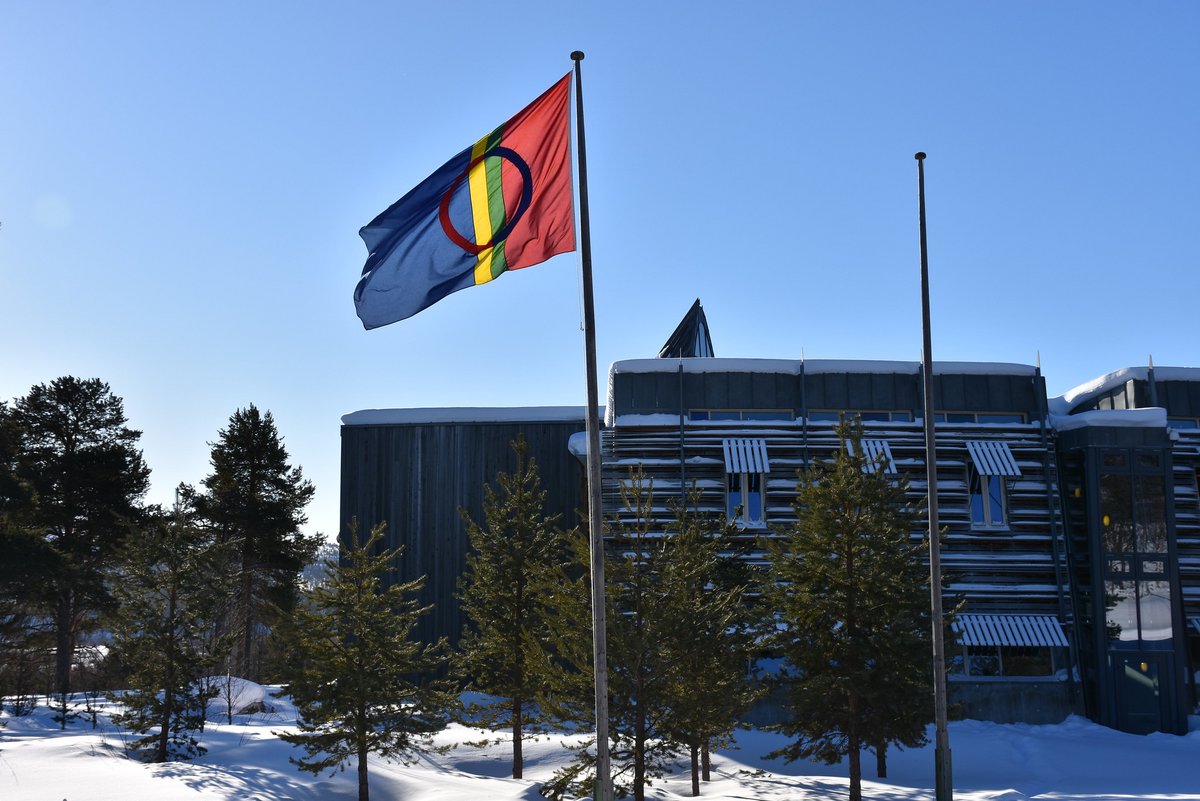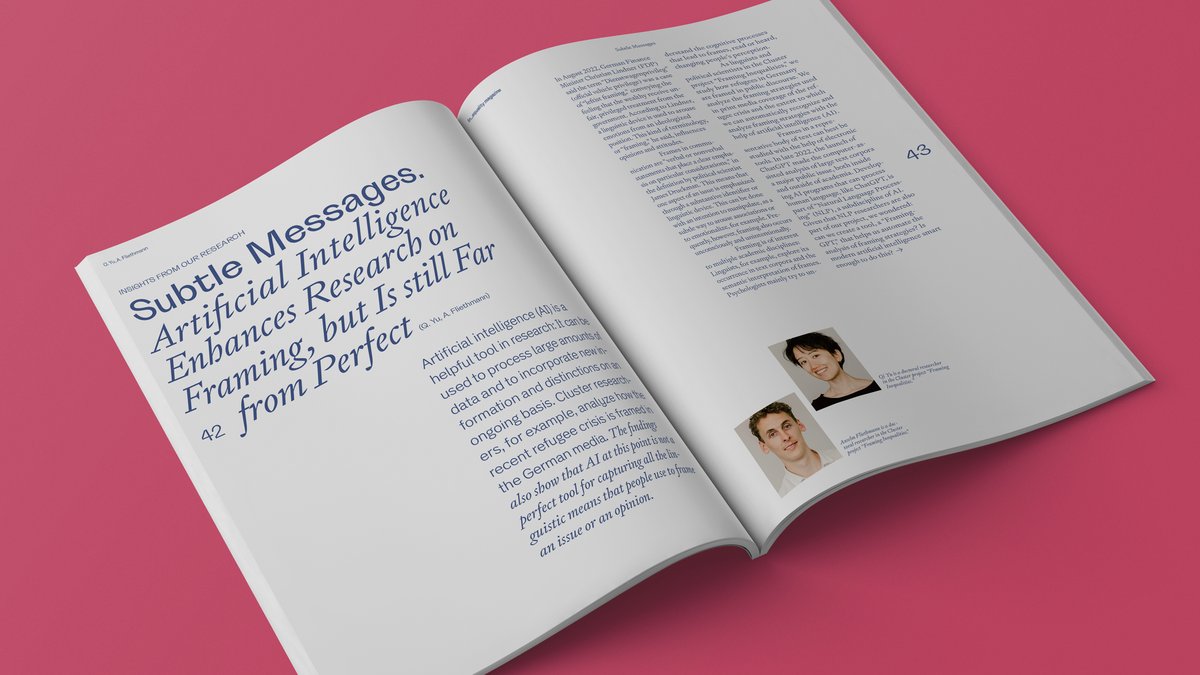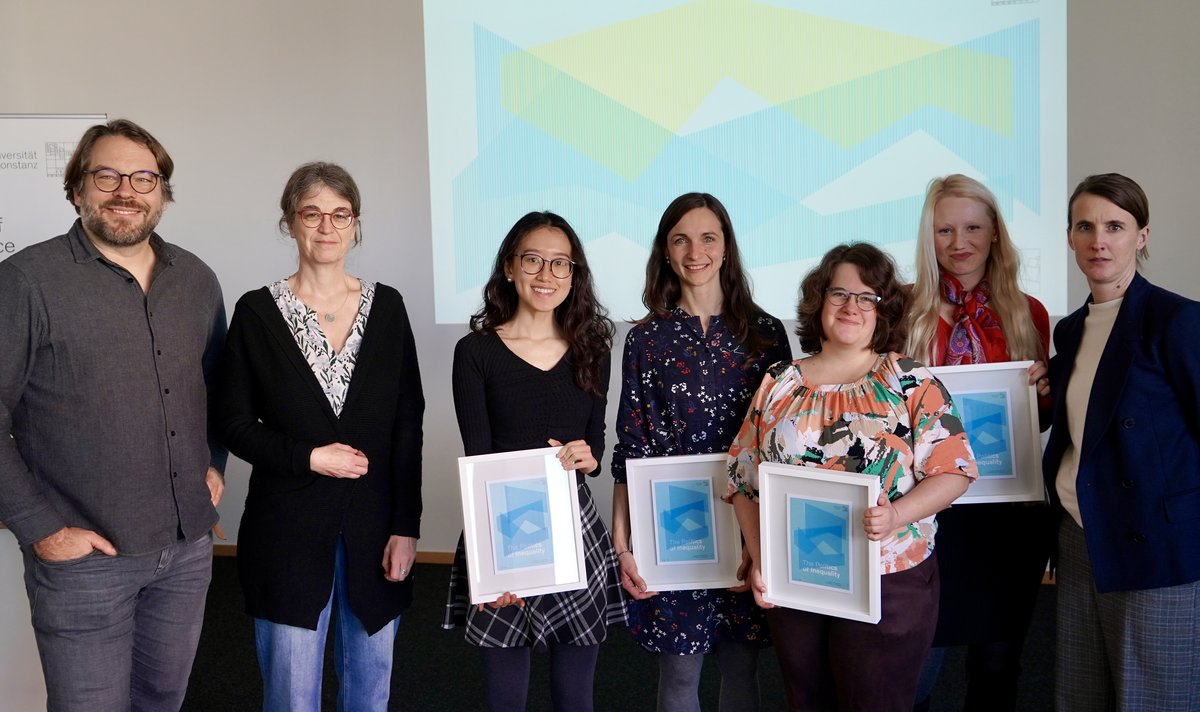
New Year's Reception 2024
On 16 January, the Cluster of Excellence "The Politics of Inequality" welcomed the new year with a variety of programme items. The highlight of the New Year's reception was the presentation of the first In_equality Early Career Research Awards to outstanding early career researchers at the Cluster.
Read more
![[Translate to Englisch:] [Translate to Englisch:]](/fileadmin/_processed_/5/1/csm_Studierende_im_Hoersaal_0266528577.jpeg)
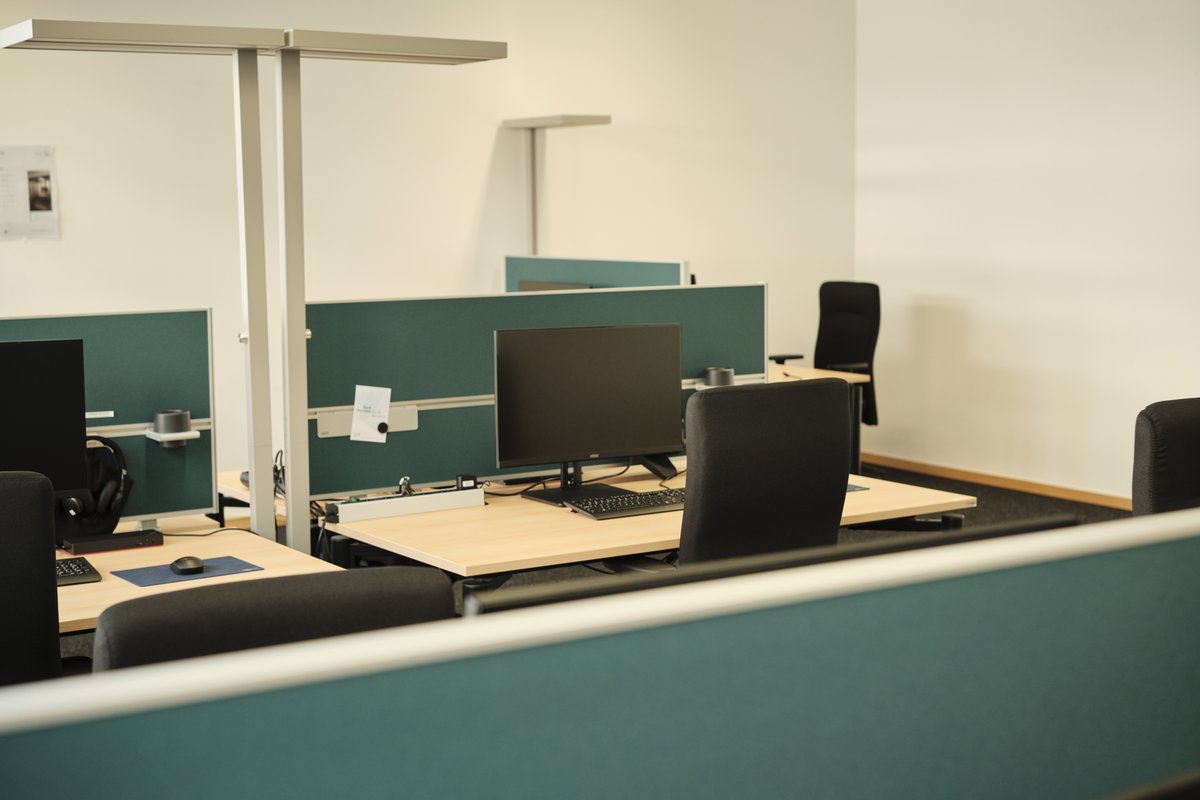

![[Translate to Englisch:] [Translate to Englisch:]](/fileadmin/_processed_/b/5/csm_studie_zum_fachkraeftemangel_03__2__47c8535d5c.jpg)
